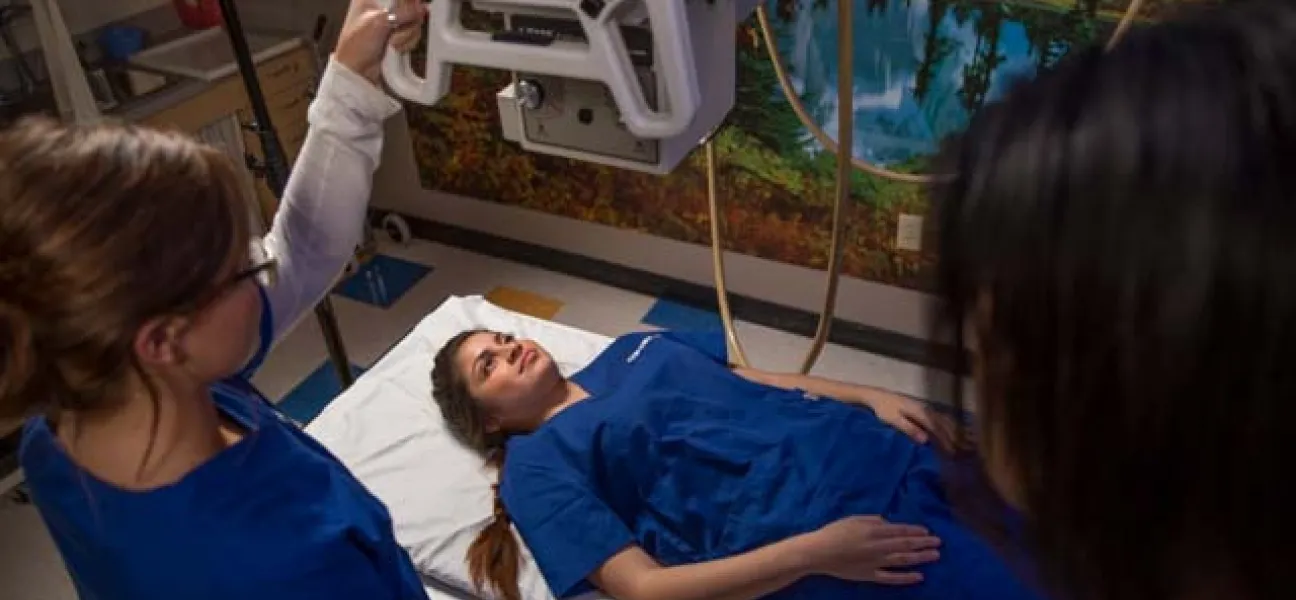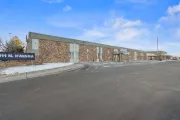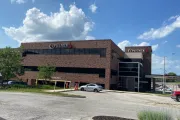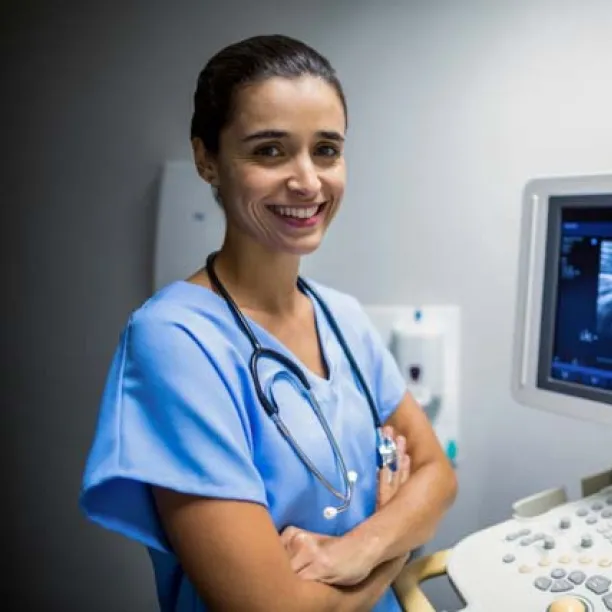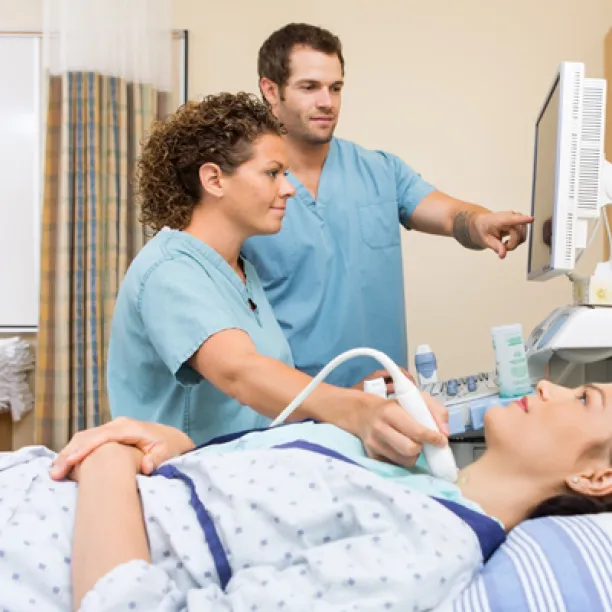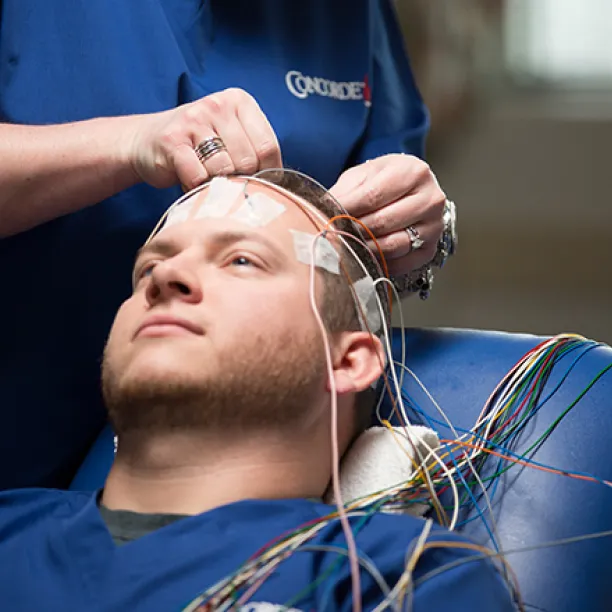Now Enrolling
Radiologic Technologist Career Overview
As a Radiologic Technologist (RAD), you’ll perform diagnostic imaging exams, like X-rays to look for patient issues. The RAD works with physicians in hospitals, healthcare facilities, local medical centers, or imaging centers to:
- Evaluate images & determine if more are needed
- Maintain detailed patient records
- Prepare patients for procedures
- Operate equipment for images
Radiologic Technology Degree Program Overview
The Radiologic Technology Associate and Associate of Applied Science Degree programs teach students the technical skills needed to be successful in their jobs. Skills such as:
- Vital sign checks
- CPR
- Medical terminology
- Positioning patient's body & equipment
- Anatomy & physiology
Get Started
Concorde can help you realize your career aspirations through an associate degree in the field of diagnostic health care, as a radiologic technologist. Reach out and learn about our classes and requirements today!
**Source: U.S. Bureau of Labor Statistics projected national growth in job openings for radiologic and MRI technologists. 2024-2034 https://www.bls.gov/ooh/healthcare/radiologic-technologists.htm. Projections are national. Local job market demand may vary.
Get Started
Campuses
Colorado
Florida
Missouri
Tennessee
Texas
Curriculum
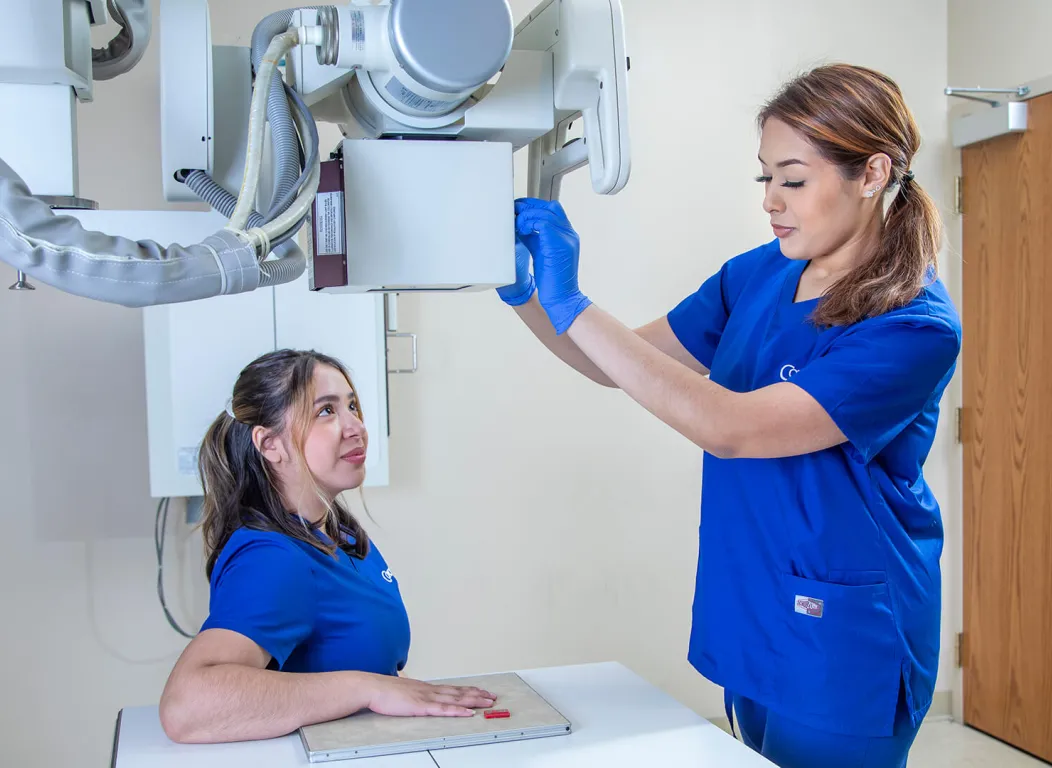
As a Radiologic Technologist, your daily tasks vary depending on the kind of environment in which you work. Concorde can prepare you comprehensively for successful entry into the field of radiology through comprehensive technical training.
Coursework emphasizes skills directly transferable to a real-world work setting, including the following focus areas:
- Vital sign checks
- CPR
- Medical terminology
- Positioning
- Anatomy and physiology
The program provides and maintains a supportive learning environment and curriculum that prepares for entry-level, diagnostic radiographer positions.
Goal 1: Students will demonstrate clinical competency.
Student Learning Outcomes:
- Students will utilize proper positioning skills.
- Students will obtain radiographs of acceptable diagnostic quality.
- Students will exercise proper radiation protection.
Goal 2: Students will develop problem solving and critical thinking skills.
Student Learning Outcomes:
- Students will be able to modify standard procedures to accommodate non-routine patient conditions.
- Students will be able to demonstrate the ability to critique images to determine diagnostic quality.
Goal 3: Students will apply effective communication skills.
Student Learning Outcomes:
- Students will demonstrate effective oral communication skills.
- Students will exercise effective written communication skills.
Program Effectiveness Data can also be found at www.jrcert.org
Joint Review Committee on Education in Radiologic Technology
20 N. Wacker Drive, Suite 2850
Chicago, IL 60606-3182
(312) 704-5300 - (Email) mail@jrcert.org
Career Outlook
Demand for Radiologic Technologists
This field is forecast to continue its growth because of an increase in breaks and fractures due to osteoporosis and other medical conditions unique to a growing aging population. Radiologic techs may work at:
Hospitals
Clinics
Private Practices
Group Practices
Financial Aid
As part of our commitment to your success, Concorde ensures that you have access to comprehensive information and guidance in navigating the financial aid process. Concorde offers financial aid and scholarship programs to those who qualify.

Financial Aid
Get financial support for your education with our dedicated financial aid team by your side.
Review Your Options
Scholarships
Find the perfect scholarship for your health care goals based on your background, programs or other criteria.
Search ScholarshipsScholarship Opportunities
Healthcare Demand Grant
The Healthcare Demand Grant is designed to assist new, enrolling students who are pursuing education in a healthcare program. No application process. All newly enrolled students are reviewed for eligibility.
First Responder Grant
Available to any first responder personnel intending to continue their education at Concorde Career College.
High School Senior Grant
Available to graduating high school seniors who have been issued a high school diploma or its equivalent and intend to continue their education at Concorde Career College or Concorde Career Institute.
Institutional Accreditation and Licensure
Accreditation and licensure are an important part of an academic institution’s operation.
Visit our Accreditations and Licensure page for more details about our accreditations and licensure.
JRCERT
The radiologic technology program is accredited by the Joint Review Committee on Education in Radiologic Technology 20 North Wacker Drive, Suite 2850 Chicago, IL 60606-3182 312-704-5300 Email: mail@jrcert.org. The program's current accreditation award is 5 years. General program accreditation information and the current accreditation award letter can be found here.
Aurora, COJRCERT
The radiologic technology program is accredited by the Joint Review Committee on Education in Radiologic Technology 20 North Wacker Drive, Suite 2850 Chicago, IL 60606-3182 312-704-5300 Email: mail@jrcert.org. The program's current accreditation award is 8 years. General program accreditation information and the current accreditation award letter can be found here.
Memphis, TN
Frequently Asked Questions
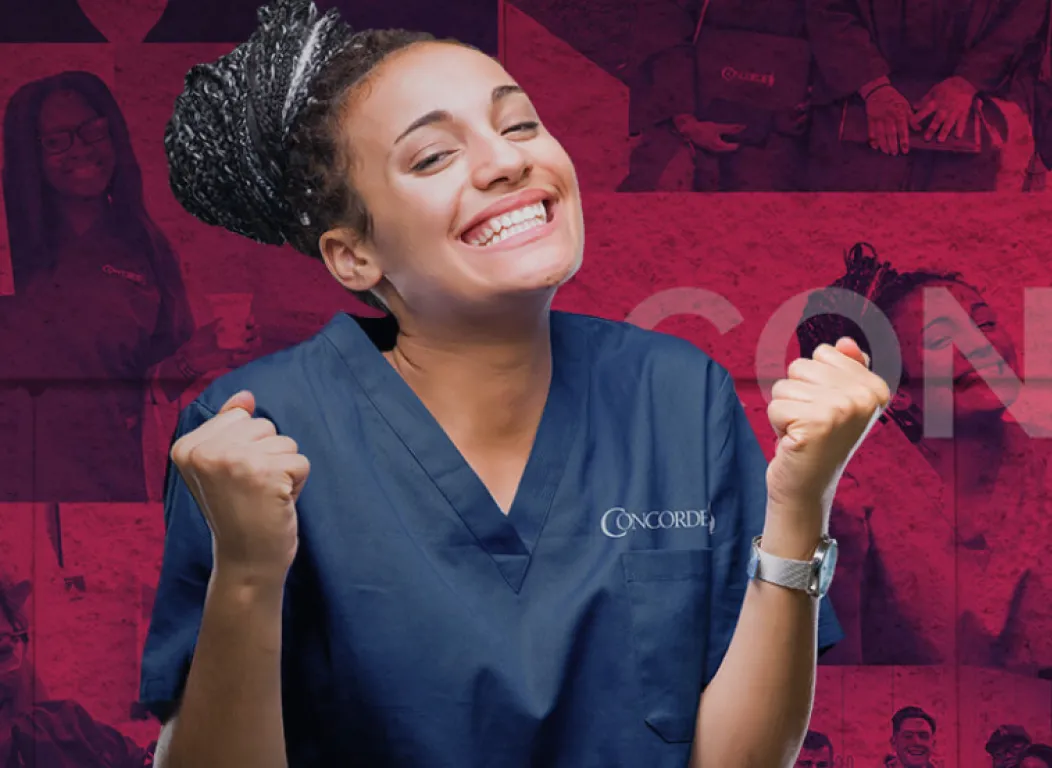
Didn't find the answer to your question? Send us an inquiry and we will be happy to answer all your questions!
The Radiologic Technologist program can be completed in as few as 20 months. Please check with an admissions advisor for program length information.
According to BLS.gov, the Radiologic Technologist job field is projected to grow by 5% through 2024-2034. As the health care industry grows to meet the needs of those with medical conditions correlating to an aging population, such as osteoporosis, the need for Radiologic Technologists is expected to rise.
**Source: U.S. Bureau of Labor Statistics projected national growth in job openings for radiologic and MRI technologists. 2024-2034 https://www.bls.gov/ooh/healthcare/radiologic-technologists.htm. Projections are national. Local job market demand may vary.
Concorde incorporates real-world training and off-site clinical experiences in our programs.
For program-specific tuition information, please see the campus catalog.

